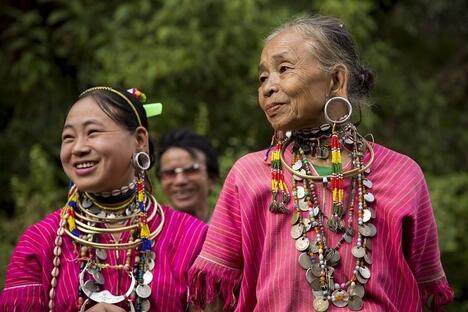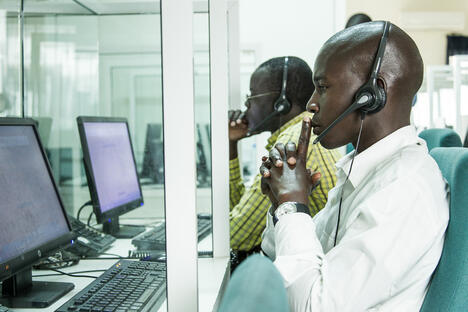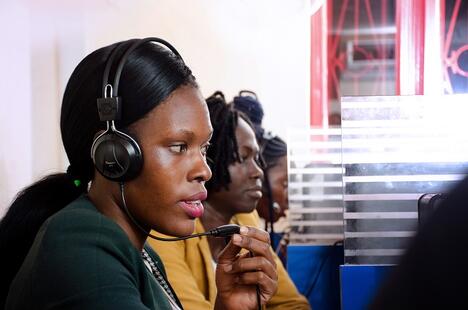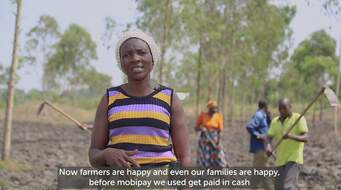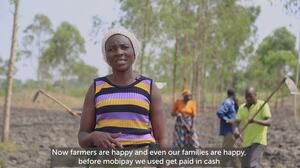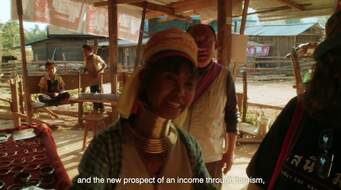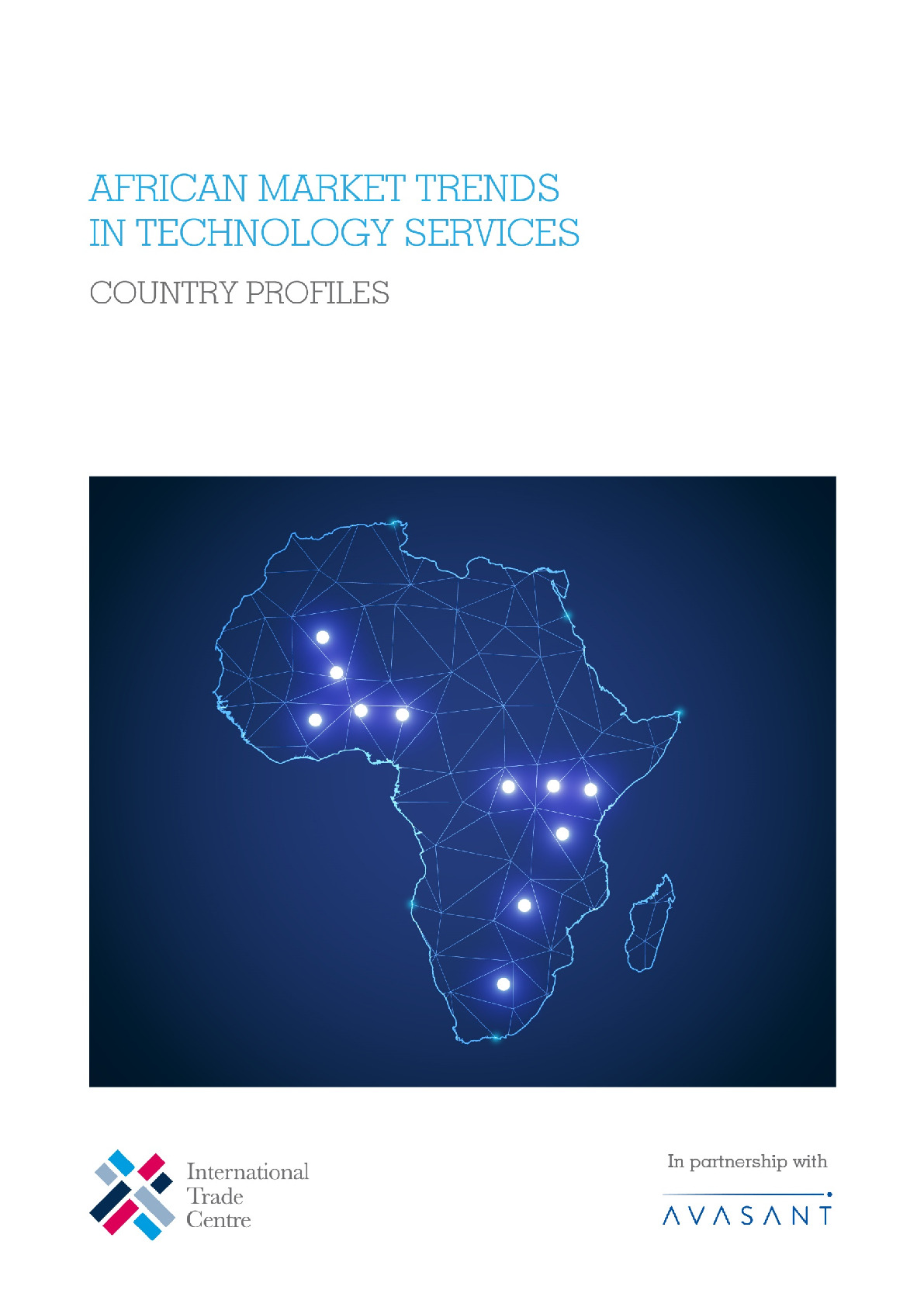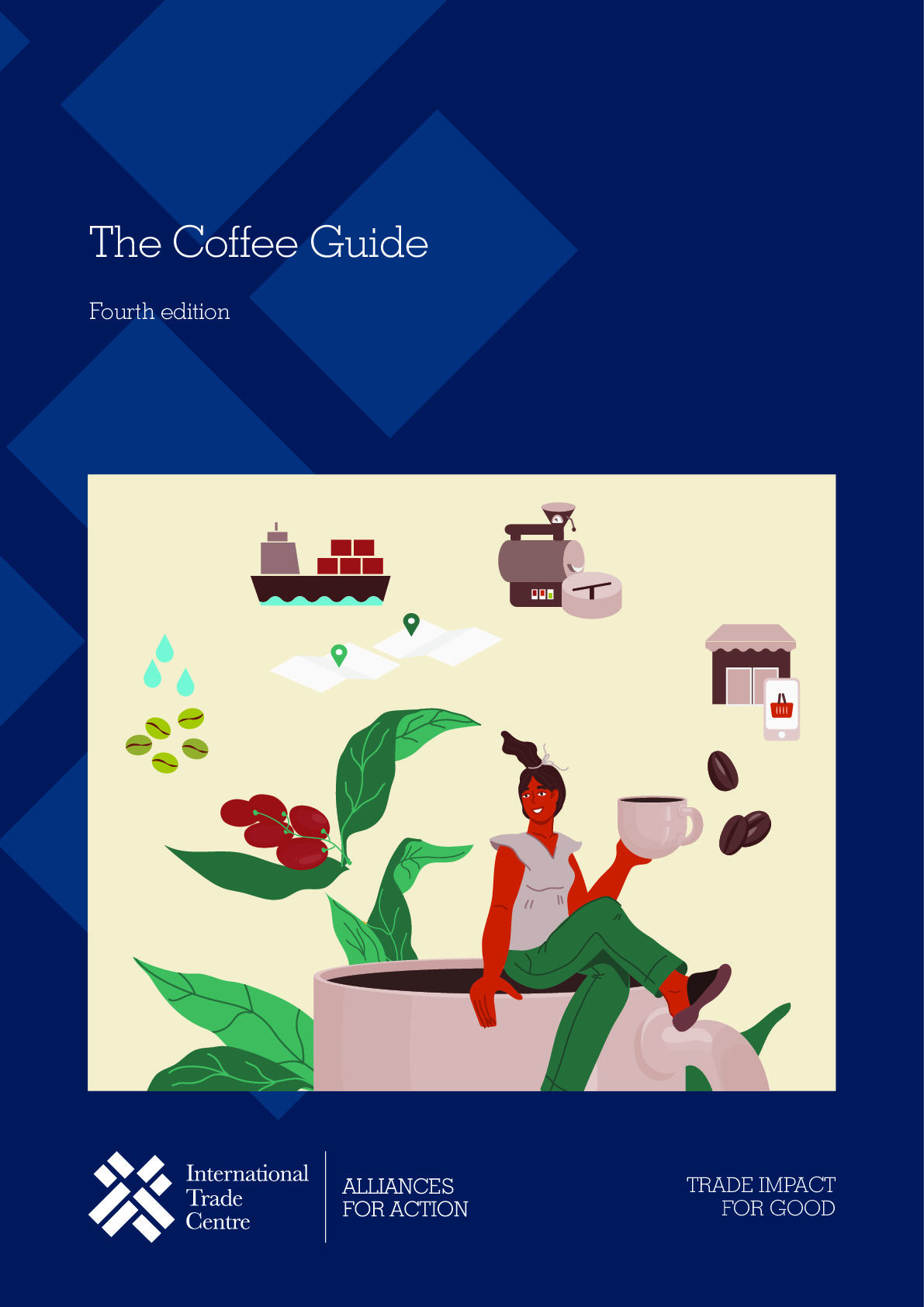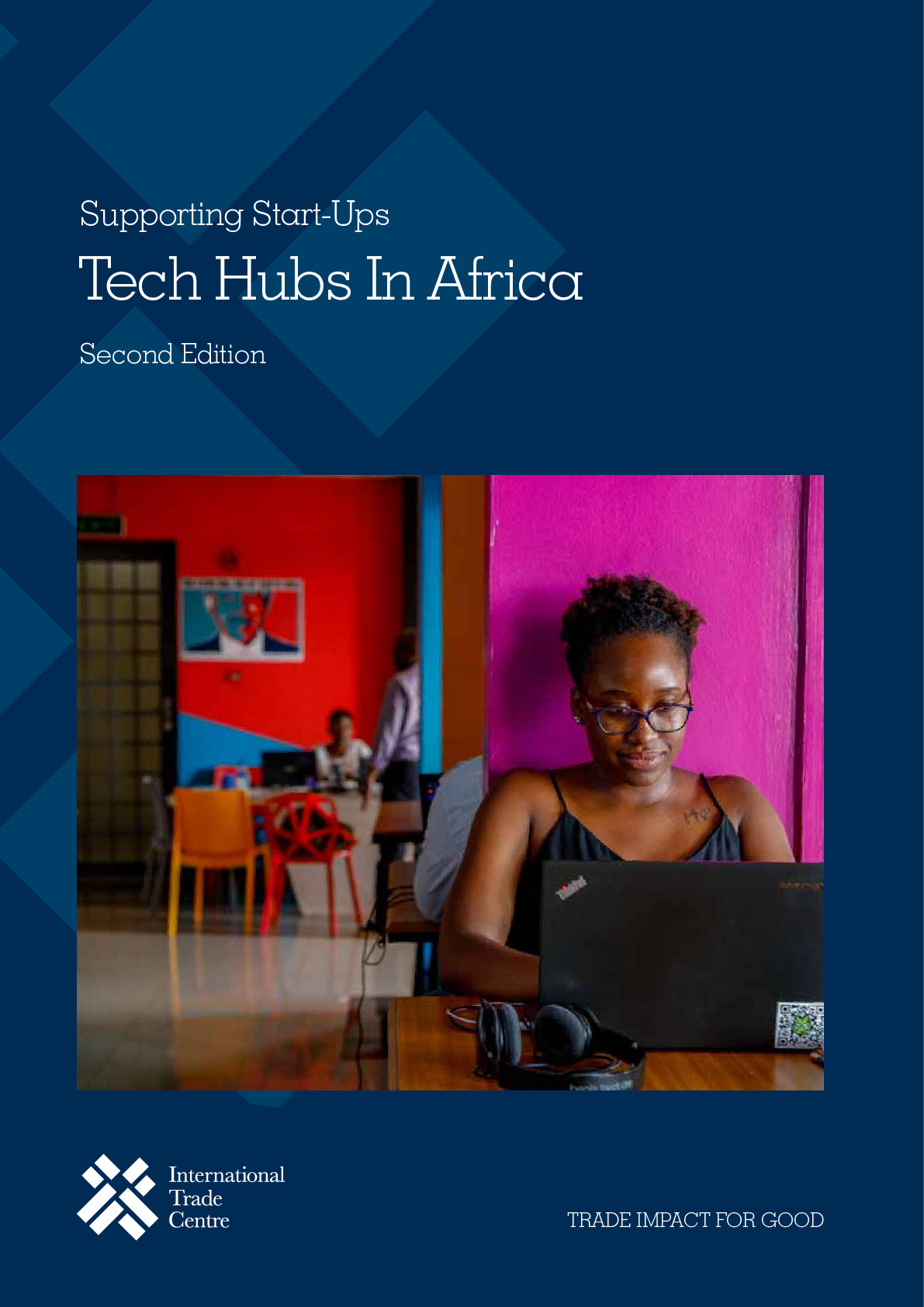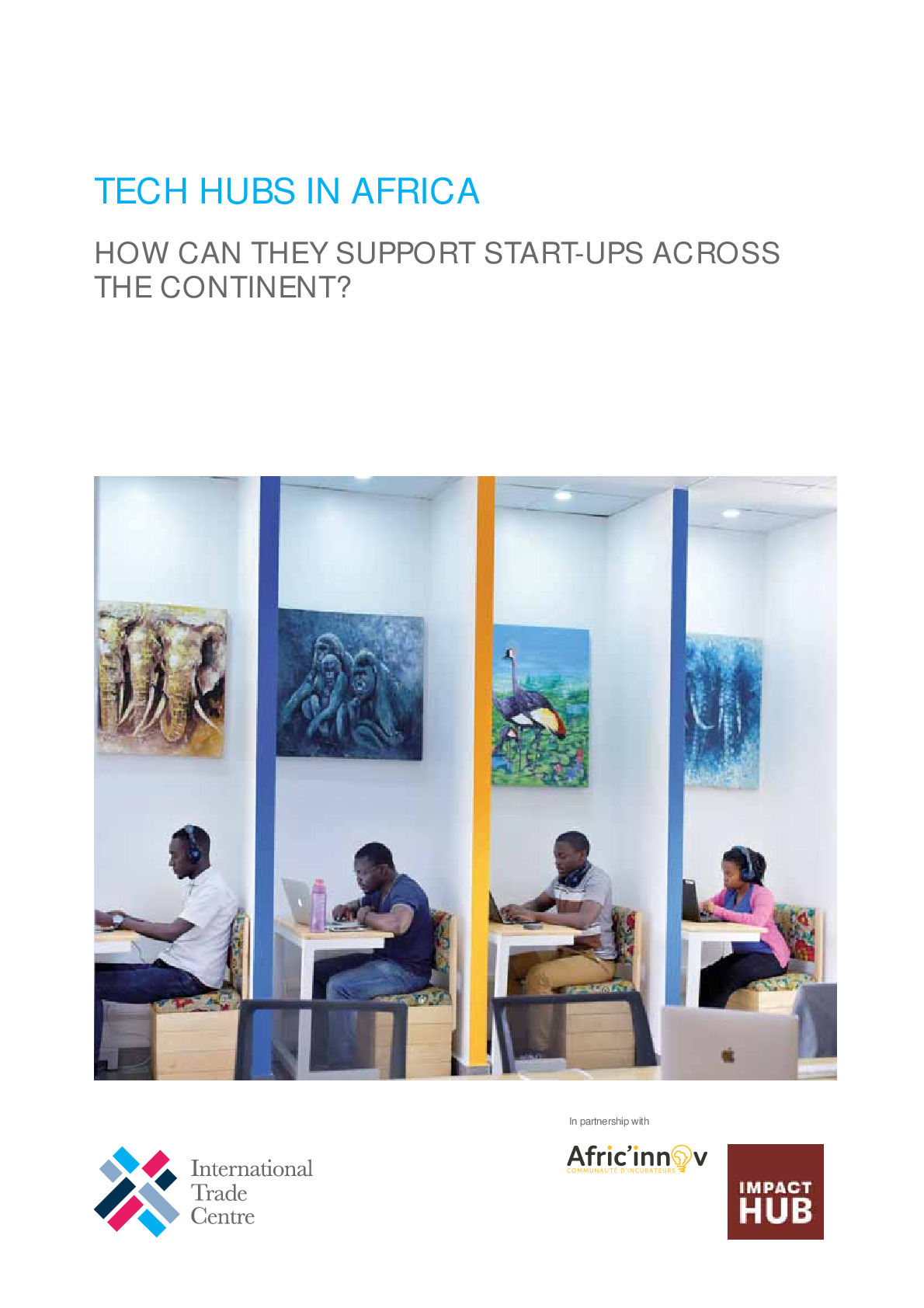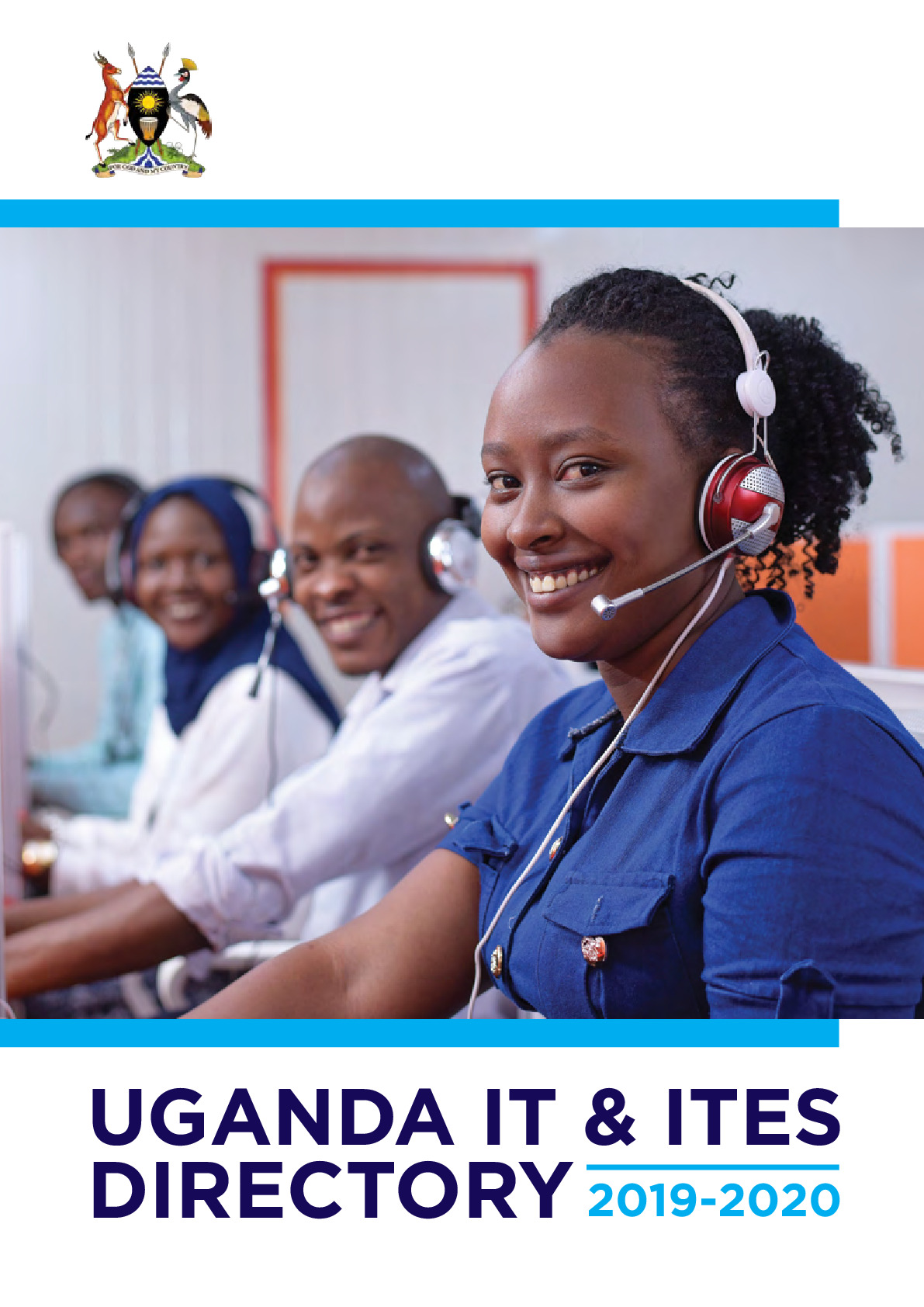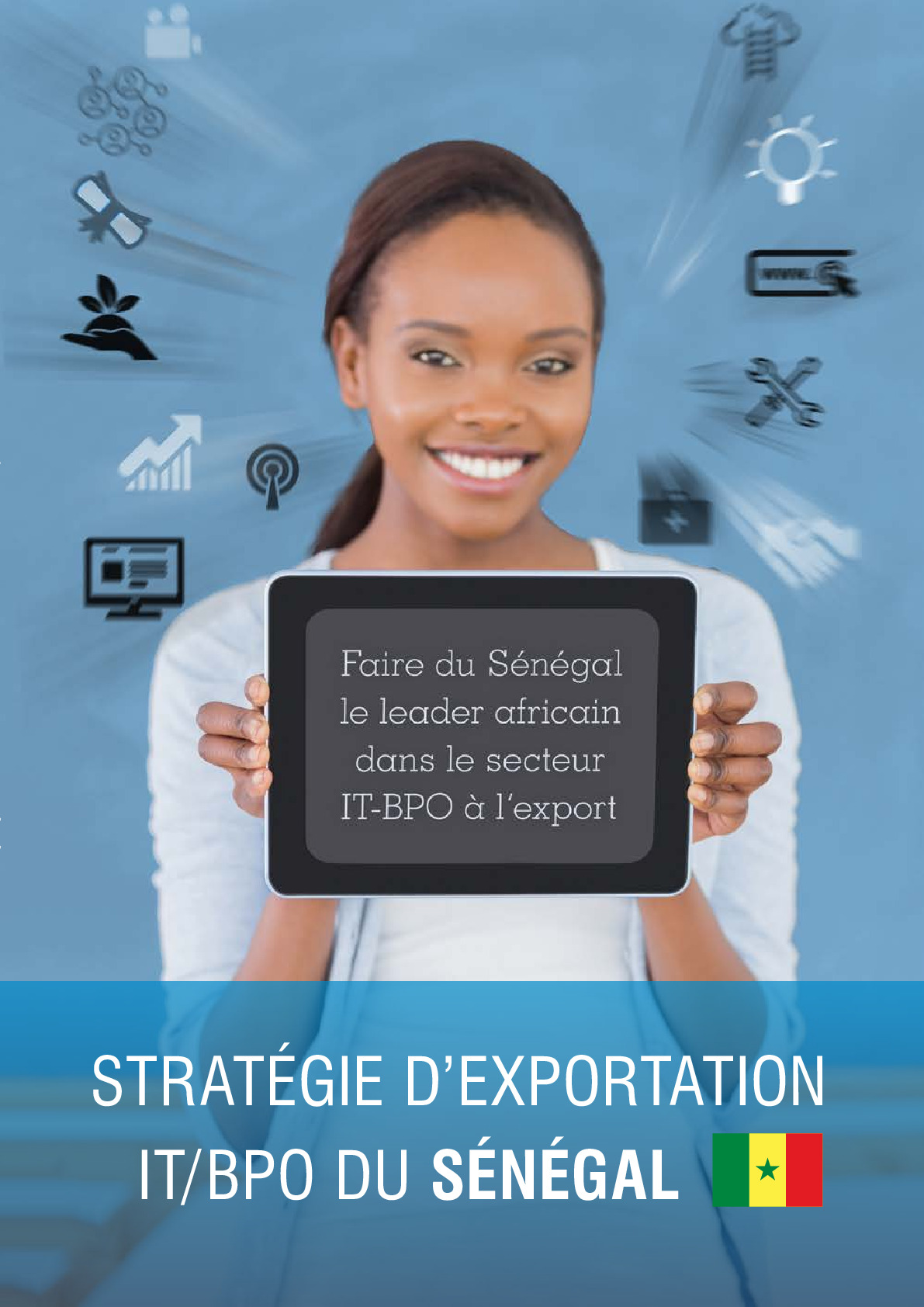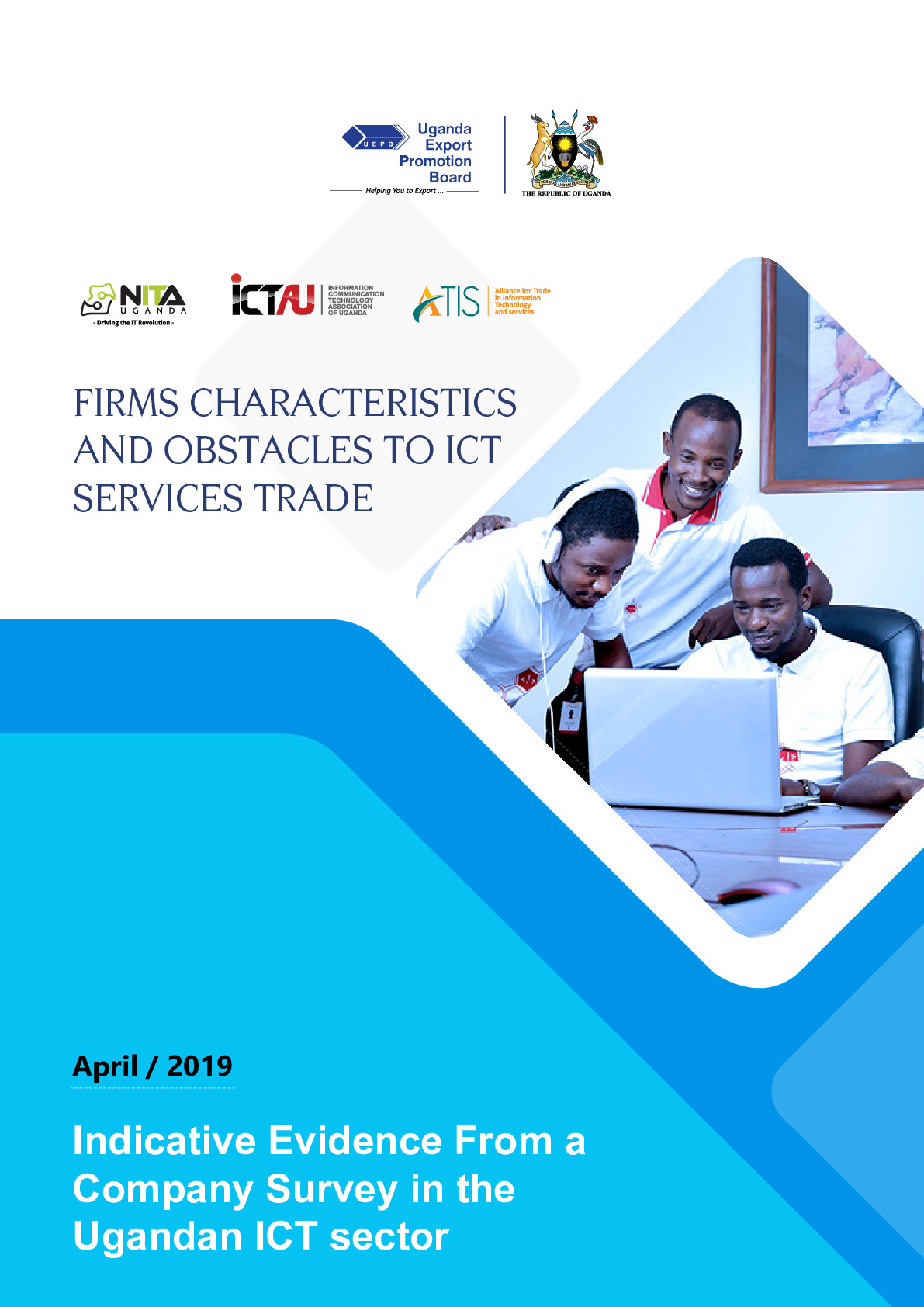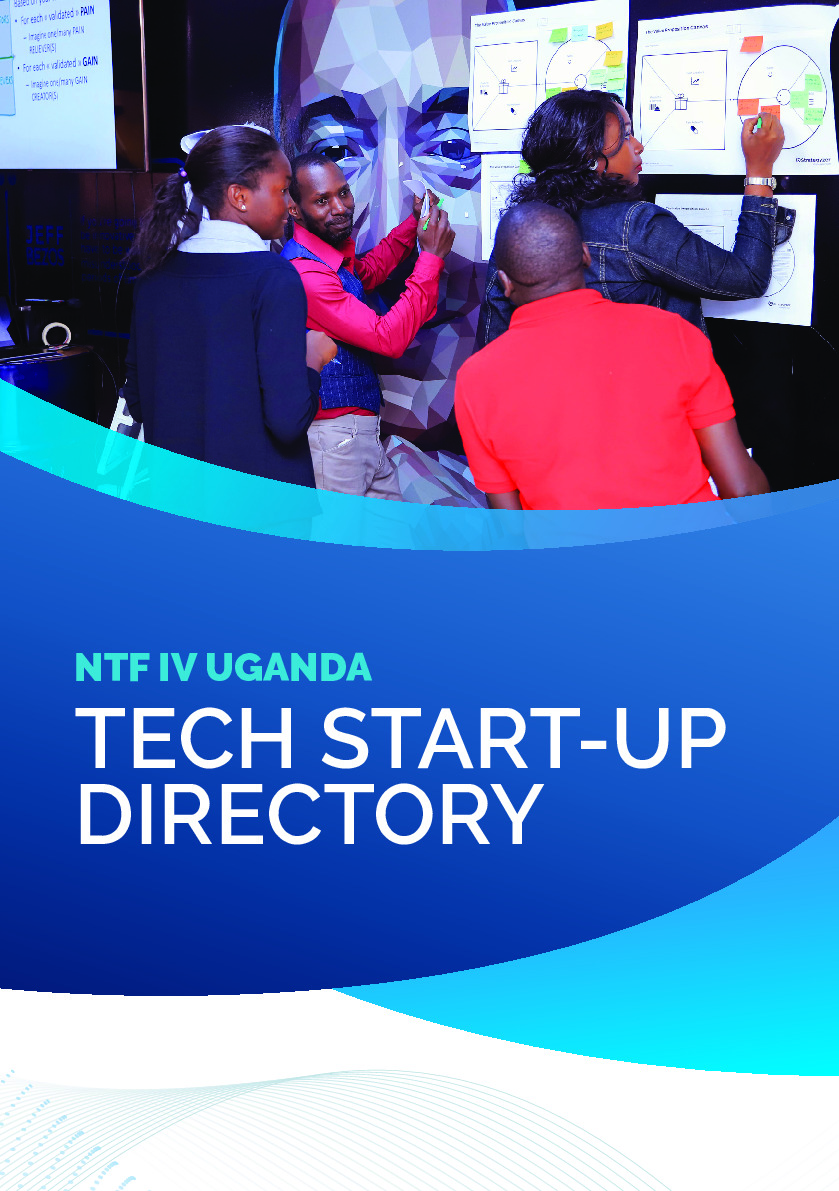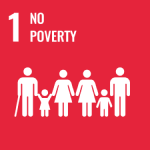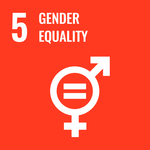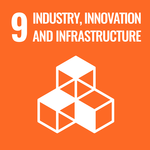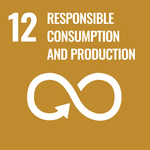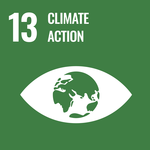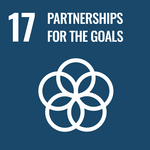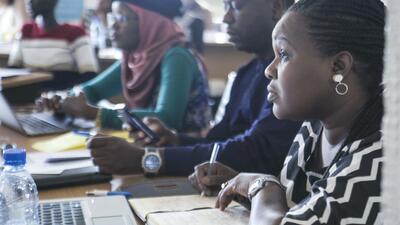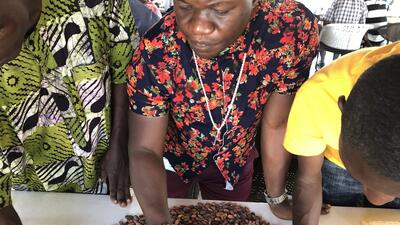Tourism
FROM INSIGHTS TO ACTION: CHAMPIONING WOMEN IN SUPPLY CHAINS
Nairobi
<p>Funded by United Kingdom (UK) International Development, the International Trade Centre’s (ITC) SheTrades Commonwealth+ Programme is organizing two in-person workshops to enable women-led businesses to navigate and succeed in corporate supply chains. The workshops are implemented in collaboration with the SheTrades Hub in Kenya, hosted by the Absa Bank Kenya. </p><p> </p><p>This workshop aims to:</p><ul><li>Enhance knowledge and awareness of women-led businesses on the ecosystem of corporate supply chains, supplier contracts and requirements as well as corporate relationships. </li><li>Boost understanding and accessibility of private sector offerings and services specifically tailored for women.</li><li>Create an interactive platform for women to engage with private sector representatives, gaining insights into opportunities and resources available.</li><li>Foster networking and partnership opportunities between women and private sector entities.</li><li>Identify and address specific challenges and gaps that women-led businesses face in entering and succeeding in corporate supply chains.</li><li>Provide practical insights into corporate expectations, particularly regarding the selection criteria and application processes of large corporations like Safaricom, Unilever, etc.</li></ul><p> </p><p><strong>TARGET AUDIENCE</strong></p><p>Women-led businesses and corporations, with the following sectoral focus:</p><ul><li>21 March: ICT, tech, tourism, consulting service (services) </li><li>22 March: textile and apparels; manufacturing and agriculture </li></ul><p> </p><p><strong>HOW TO PARTICIPATE? </strong></p><p>The participation in the event is <strong>free of charge, however, limited spots are available.</strong> Please register:</p><p><strong>Thursday, 21 March 2024</strong></p><ul><li>Women-led businesses and corporations in ICT, tech, tourism, consulting service: <a href="https://surveys.intracen.org/response/G2tIYnJZRAcCblF0V1J5S0d9cng">here…, 22 March 2024</strong></p><ul><li>Women-led businesses and corporations in textile and apparels; manufacturing and agriculture: <a href="https://surveys.intracen.org/response/G2tIYnJZRAcBblRyV1J5S0d7cX4">here…;
Copy of OAH REGIONAL COMMUNITY OUTREACH - WAKISO DISTRICT
KAMPALA
OAH REGIONAL COMMUNITY OUTREACH - WAKISO DISTRICT
KAMPALA
ITC @ AfriCaribbean Trade and Investment Forum 2023
Georgetown
<p>ITC contributes to the annual AfriCaribbean Trade and Investment Forum (30-31 October 2023, Georgetown, Guyana) with a side event co-hosted with Afreximbank on “Unlocking Agribusiness Potential: Strengthening Caribbean-Africa Trade and Investment Relations.” ITC also supports the participation of trade and investment promotion agencies and small businesses from West Africa and the Caribbean in B2B and B2G meetings and through an ITC booth.</p>
ITC @ 5th United Nations Conference on the Least Developed Countries (LDC5)
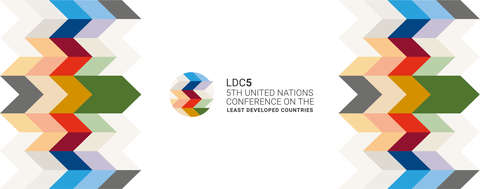
Doha
Programme
Monday, 6 March
Young people lack access to relevant opportunities and support networks in relation to skills development, jobs, opportunities for entrepreneurship, markets, finance. We need to empower our youth through an enabling ecosystem covering policy, business support organisations, access to finance and linkages with private sector partners. An exciting speaker line-up ensures that all perspectives are represented.
• Ms. Pamela Coke Hamilton, Executive Director, International Trade Centre (ITC)
• Mr. Gunter Beger, Managing Director, United Nations Industrial Development Organization (UNIDO)
• Representative of the Ministry of Sport and Youth of the State of Qatar
• Mr. Nizar Yaiche, Leader, Global Digital Network, Government & Public Services, PricewaterhouseCoopers Partner
• Mr. Mayank Dhingra, Senior Education Business Leader, Southern Europe, Middle East and Africa (SEMA), Hewlett Packard
• Mr. Carl Manlan, Vice President, Inclusive Impact & Sustainability, Central & Eastern Europe Middle East and Africa (SEMA), Visa
• Ms. Dhuha Abdulmunem, Manager, Iraq Response Innovation Lab (IRIL) – Ye! Community Chapter Iraq
• Ms. Mara Zhanet Michelo, CEO and founder, Jacaranda Hub
Moderated by: Mr. David Cordobés, Head of Youth & Trade programme, ITC
It is expected that African start-ups funding will grow to $10bn by 2056 (World Economic Forum, 2022). In 2021, tech start-ups in Africa reached approximately $2.15bn in capital investment to drive their economic activities. Start-ups Acts were concluded in a number of African countries, such as in Senegal, Tunisia and recently in Nigeria. These are paving the way for policy instruments aimed at boosting key incentives for young people to start and fast track their businesses.
The focus of the side event is to advocate and sensitize African leaders, development partners, private sector, civil society, and governments at all levels to renew and strengthen their commitments to the development of a vibrant start-ups ecosystem that promotes innovation and digital transformation. The main objective is to enhance an enabling environment for African start-ups and young entrepreneurs to deploy digital technology to create jobs and drive future economic growth of African LDCs within the framework of Industry 4.0 and economic recovery post-COVID19.
Tuesday, 7 March
Beyond the immediate imperatives for businesses to weather the current turbulence in the macroeconomy, we consider the longer-term implications of trade shifting to e-commerce and try to understand how far and in what way this can support the sustainable development in LDCs.
The session will showcase experiences at the enterprise level and explore success stories on how to create the right environment to enable development benefits from e-commerce by governments and development partners. The panel of experts includes:
• Ms. Pamela Coke-Hamilton, Executive Director, ITC
• H.E. Seedy Keita, Minister of Finance and Economic Affairs, The Gambia
• Mr. Torbjörn Fredriksson, Head, E-commerce and Digital Economy Branch Division on Technology and Logistics, UNCTAD
• Dr. Cosmas Zavazava, Director of the Telecommunication Development Bureau, ITU
• Ms. Nawshin Khair, Managing Director Aranya Crafts Ltd., Bangladesh
• Ms. Tadhim Uwizeye, Founder and CEO of Olado, Rwanda
Moderated by: Mr. James Howe, Head Digital, Markets and Connectivity, ITC
This session is organized in partnership with the International Telecommunication Union (ITU) and the United Nations Conference on Trade and Development (UNCTAD).
Young people are leaders in digital transformation today. We must empower and acknowledge young voices in this space as we work towards engaging youth in the digital development dialogue to build a more connected global community. With initiatives like ITU’s Generation Connect and UNCDF’s Inclusive Digital Economies to Leave No One Behind, and ITC’s FastTrackTech, Youth and Trade and ecomConnect, this thematic session will explore the benefits of developing digital solutions to fully unlock youth’s potential.
Co-designed and led by youth, this session will explore pathways towards bridging the digital divide and fully seize youth potential towards the implementation of the Doha Programme of Action by addressing the following questions:
What are the major digital challenges facing young people in LDCs today?
What capacity building efforts and digital innovation ecosystems need to exist to address the digital skills gaps amongst young people today and in the future?
How can youth in LDCs be meaningfully included in international digital development dialogues and policies?
What are the solutions to fully bridge the digital divide and empower youth to become actors of change?
The session will showcase experiences at the enterprise level and explore success stories on how to create the right environment to enable development benefits from e-commerce by governments and development partners. The panel includes innovators from IBM, Thundafund Africa, Ennovate Hub Tanzania, as well as ITC and ITU.
This session is organized by ITC in partnership with the International Telecommunication Union (ITU) and the UN Capital Development Fund (UNCDF).
Wednesday, 8 March
Financing is key to MSMEs’ ability to adapt to climate change, grow their businesses sustainably and contribute to graduation and wealth. This is particularly the case for companies involved in sectors of economies where inputs have to be purchased in advance of sales invoicing, such as food and agri-business.
ITC has developed an end-to-end access to financing approach for MSMEs that was tested successfully in Tanzania in 2022. It combines de-risking guarantees from development financing institutions (DFIs) and Tanzania’s PASS Trust with coaching in financial management, document assembly and loan performance to overcome the challenges. This has led to over 70% of applicants receiving loans within a short period and follow-on investment in some cases for ESG and climate adaptation purposes.
Join us for a look at this successful pilot project and wider take-aways for access to financing in LDCs.
• Mr. Ashish Shah, Director of Country Programmes, ITC
• H.E. Mr. Elias Mubanga, Minister of Small and Medium Enterprise Development of Zambia
• Dr. Agnes Kalibata, Executive Director, AGRA
• Mr. Joseph Midunga, Founder and CEO, Tanzania Association of Professional Business Development Services (TAPBDS)
• Mr. Robert Lawuo, Business Development Manager, Private Agricultural Sector Support Trust (PASS)
Moderated by: Mr. Ian Sayers, Senior Adviser, Access to financing & investment, ITC
<p>The Fifth United Nations Conference on the Least Developed Countries (LDC5) is a forum to discuss what it takes to unleash the full potential of LDCs and how the international community can help them take steady steps along the road to prosperity.</p><p>At LDC5, ITC will organize a series of sessions highlighting the role of trade and small businesses as a driver of growth in LDCs.</p>
Netherlands Trust Fund IV – Export Sector Competitiveness Programme in IT & ITES, agriculture and tourism (NTF IV)
International Trade Centre’s NTF IV Inclusive Tourism project in Myanmar focused on fostering economic opportunities through the development of sustainable tourism products in Myanmar – consolidating previous project results in Kayah State and extending activities to Tanintharyi Region. In addition, the project supported Myanmar’s tourism industry at the national level in the following areas: marketing and branding, tourism statistics, and development of codes of conduct for tourists, tour operators and communities.
The NTF IV Inclusive Tourism project is funded by the Government of The Netherlands. ITC continued its close collaboration with the Netherlands’ Centre for the Promotion of Imports from Developing Countries (CBI) and its parallel tourism project assisting tour operators and the national sector associations in export promotion.
More about our work:
Digital marketing holds promise for tourism in Myanmar
From Kayah to Tanintharyi: Expanding inclusive tourism in Myanmar
Tanintharyi chosen as second Myanmar state to benefit from ITC tourism project
In Senegal, NTF IV supported the development of the local IT/ITES sector though::
- Strategic, inter-ministerial coordination; an information technology (IT) & information technology-enabled services (ITES) export-development strategy; and positioning of Senegal on the global IT & ITES market
- Strengthening OPTIC (Organisation of Information Technology and Communication Professionals) as a provider of export advisory and training benefiting its current and future members
- Developing markets with Senegal’s main trade promotion organization, ASEPEX and OPTIC using techniques already developed under NTF III for Bangladesh, Kenya and Uganda
- Building training capacity in export marketing planning and sales
- Mobilizing the Senegalese network of foreign trade representatives to promote IT & ITES trade opportunities to complement the work done around investment promotion.
For examples of our work:
VivaTech : une vitrine pour l’innovation numérique en Afrique
Senegalese tech start-ups make business connections at VivaTech
African tech companies show interest in ICT environmental sustainability
The NTF IV Uganda aimed to strengthen small businesses by influencing policymakers, regulators, as well as trade and investment support institutions. We also worked with private trade and business support providers, along with international market partners to create a supportive environment for IT and IT-enabled services.
The intermediary outcomes of NTF IV were:
- Policymakers and regulators monitored and coordinated the implementation of the endorsed the IT&ITES export plan and country marketing plan.
- Trade and investment support institutions (ATIS, ICTAU, and UBPOA) extended and improved their export-related services for IT & ITES.
- Small businesses and start-ups took steps to become more competitive.
- Beneficiary companies and supported associations developed international linkages and built partnerships.
For examples of our work:
Taking Companies from Local to International Success: The Crucial Role of Export Marketing Coaches
NTF IV Training, Mentorship in Uganda lead to Tech Startup Growth, Job Creation
Uganda’s Hostalite partners with Ethiopia’s top mobile payments company
Ugandan, Senegalese start-ups live ‘in the future’ at CEBIT digital expo
Performance roadmap shows Uganda’s ICTAU how to better serve its members
Ugandan start-ups part of the solution during COVID-19
Why should your start-up move to Uganda?
NTF IV Training, Mentorship in Uganda lead to Tech Startup Growth, Job Creation
This project boosted production and trade of cocoa across the value chain in Sierra Leone, Liberia and Guinea. Smallholder producers improved post-harvest efficiency, connected better to markets, and complied with relevant standards.
An example of our work:
Liberian cocoa sector stakeholders identify impediments, suggest solutions
Sustainable Development Goals
Linking support for agribusiness and digital technologies sectors
The Netherlands Trust Fund IV (NTF IV) - Export Sector Competitiveness Programme was based on a partnership agreement between the Dutch Centre for the Promotion of Imports from developing countries (CBI), affiliated to the Ministry of Foreign Affairs of the Netherlands and the International Trade Centre. The agreement was signed in September 2017, and ran to end June 2021. NTF IV built on the successful cooperation between ITC and CBI. This cooperation has been embodied in a series of programmes called Netherlands Trust Fund I, which ended in 2009, the Netherlands Trust Fund II, which ended in June 2013, and the Netherlands Trust Fund III, which ended in June 2017.
NTF IV aimed to enhance export competitiveness of certain sectors in selected countries through an integrated approach to competitiveness built around one outcome – generation of export revenues.
ITC implemented NTF IV through four individual country/sector projects linked to joint advocacy at the global level, especially on women. CBI and ITC selected the four country/sector combinations building on jointly defined criteria including country requests, market demand, CBI/ITC and Dutch Ministry of Foreign Affairs priorities, and feedback from Dutch Embassies and other donors on how Netherlands assistance can best be prioritized within the comparative advantages of ITC and CBI.




